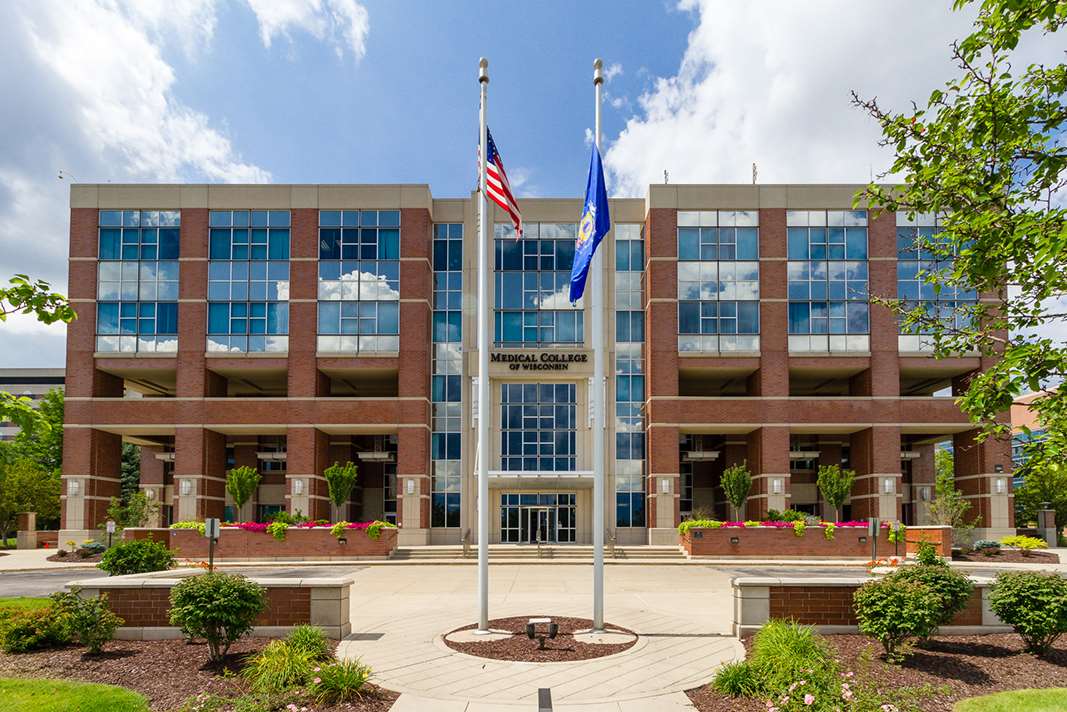Advancing a Healthier Wisconsin backs multi-agency project to share opioid data
Initiative will create nation’s largest opioid overdose surveillance system
![Pills by Tom Varco (Own work) [CC BY-SA 3.0 (http://creativecommons.org/licenses/by-sa/3.0)], via Wikimedia Commons.](https://urbanmilwaukee.com/wp-content/uploads/2016/11/1024px-Lexapro_pills.jpg)
Pills by Tom Varco (Own work) [CC BY-SA 3.0 (http://creativecommons.org/licenses/by-sa/3.0)], via Wikimedia Commons.
A coalition of three agencies was awarded $298,754 to fund a 24-month project to bring data into one shared database. The Unscrambling Data for Urban and Rural Opioid Resiliency project brings the Wisconsin Department of Justice (DOJ), the Milwaukee County Medical Examiner’s Office (MEO) and the Milwaukee County Office of Emergency Management (OEM) together, in partnership with Mallory O’Brien at the Institute for Health and Society at the Medical College of Wisconsin, to combine data with existing data in DataShare. Other partners in the initiative include: Milwaukee County District Attorney’s office, Wisconsin Medical Society, Milwaukee Medical Society, Milwaukee Health Department, Milwaukee Police Department, US Drug Enforcement Administration, Milwaukee Public Schools, Wisconsin Criminal Justice Coordinating Council, Milwaukee Community Justice Council and Sauk and Wood Counties.
How data can inform prevention of opioid overdoses
Currently, data systems used by the agencies are siloed and cannot be easily linked or analyzed. Comingling data from DOJ, MEO and OEM will allow analysts to create an illustration of an individual’s journey through public services. The path will be linked with waypoints that may show the various steps within a journey taken by someone using opioids, from an Emergency Department visit through multiple support systems and possibly the criminal justice system. By analyzing the journey taken, agencies can develop strategies to redirect the path of patients on a similar trajectory. For example, the data may indicate that more than 50% of overdose patients overdosed within 45 days of release from a prison stay of more than six months. A review of current drug treatment practice and protocol within the prison system could lead to new treatment, aftercare and medication protocols being put in place.
The coalition responded to an AHW Endowment Request for Proposals (RFP) in May, 2016 and journeyed through a six-month submission, review and approval process before the Endowment approved funding of the project.
The AHW Endowment resides at the Medical College of Wisconsin with a mission to improve the health of residents statewide. Two years ago, the Endowment shifted its focus from “grantmaking to changemaking,” meaning that the Endowment encourages projects that bring about sustainable, positive change by rethinking the way things are done to improve health. AHW also actively seeks to create and foster effective collaborations, and connect community knowledge to academic medicine expertise via partnerships with MCW faculty members.
More information about the MCW School of Medicine’s AHW Endowment funded projects can be found at www.mcw.edu/AHW.
About the Advancing a Healthier Wisconsin Endowment
The MCW School of Medicine’s Advancing a Healthier Wisconsin Endowment works to catalyze health improvement in Wisconsin and was created by funds generated from Blue Cross & Blue Shield United of Wisconsin’s conversion to a for-profit corporation. The Endowment’s Healthier Wisconsin Partnership Program funded the new awards as part of its continued work supporting partnerships between academics and community health and non-profit organizations for urban, rural and statewide health improvement projects in Wisconsin. Since 2004, the Advancing a Healthier Wisconsin Endowment has invested almost $200 million in more than 300 research, education and community health initiatives. More information on individual projects is available online: http://www.mcw.edu/Advancing-Healthier-WI-Endowment.htm
About the Medical College of Wisconsin
The Medical College of Wisconsin is the state’s only private medical school and health sciences graduate school. Founded in 1893, it is dedicated to leadership and excellence in education, patient care, research and community engagement. More than 1,200 students are enrolled in MCW’s medical school and graduate school programs in Milwaukee, and 26 medical students are enrolled at MCW-Green Bay. A regional medical education campus is scheduled to open in Central Wisconsin in 2016. MCW’s School of Pharmacy will open in 2017 or 2018 with an initial class size of 60 students. A major national research center, MCW is the largest research institution in the Milwaukee metro area and second largest in Wisconsin. In FY 2014-15, faculty received approximately $158 million in external support for research, teaching, training and related purposes, of which approximately $139 million is for research. This total includes highly competitive research and training awards from the National Institutes of Health (NIH). Annually, MCW faculty direct or collaborate on more than 3,200 research studies, including clinical trials. Additionally, more than 1,500 physicians provide care in virtually every specialty of medicine for more than 525,000 patients annually.
NOTE: This press release was submitted to Urban Milwaukee and was not written by an Urban Milwaukee writer. While it is believed to be reliable, Urban Milwaukee does not guarantee its accuracy or completeness.
Mentioned in This Press Release
Recent Press Releases by Medical College of Wisconsin
Medical College of Wisconsin President and CEO, Dr. John Raymond, Preparing for his Transition from Leadership Role in 2026
Jan 28th, 2025 by Medical College of WisconsinDr. Raymond’s Leadership of MCW Will Have Spanned 16 Years, Significantly Grown Its Impact























